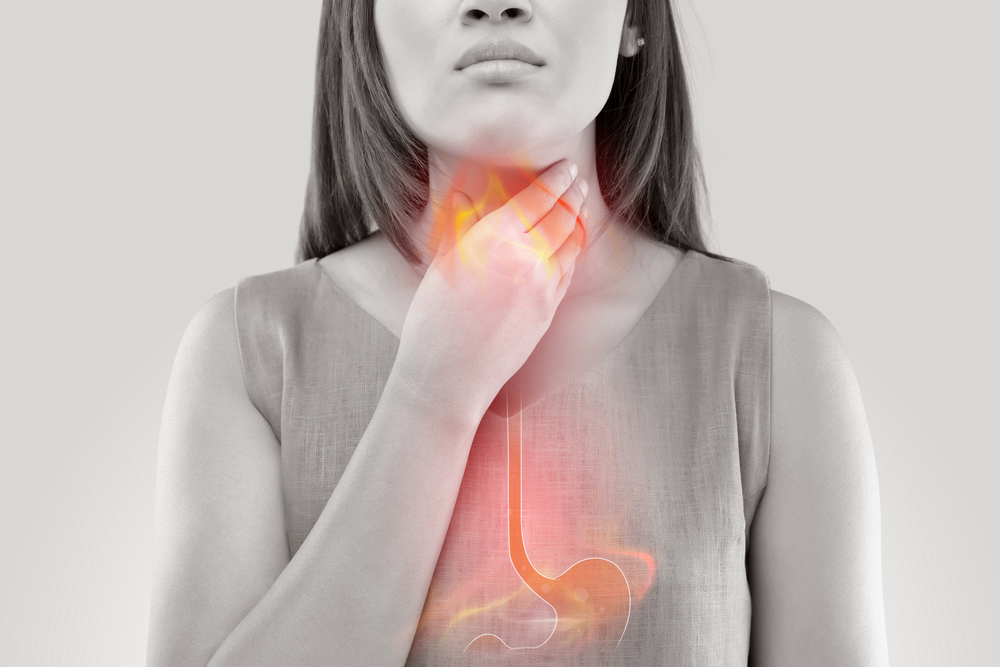
Even though gastrointestinal (GI) problems are common in Lima, OH, you should not ignore them. The symptoms do not always go away on their own. It is easy to misinterpret the cause of your symptoms and their impact. The following are a few indications that you may need to seek internal medicine in Lima, OH.
- Heartburn
Heartburn can be more than just an inconvenience. If you get it more than two times a week, you probably have GI problems. It can be a symptom of Gastroesophageal Reflux Disease (GERD). If you do not seek treatment on time, the disease can damage your esophagus and cause severe complications.
- Nausea or Vomiting
If you experience nausea or vomiting, you may need to see a GI doctor. They may be signs of pancreatitis, Irritable Bowel Syndrome, gall bladder infections, or an intestinal blockage.
- Constipation
Constipation is one of the most obvious signs of GI problems. The National Institute of Health describes constipation as having fewer than three bowel movements per week. You may pass dry and hard stool. If you have a GI disorder that causes constipation, getting early treatment will keep it from getting worse.
- Abdominal Pain
Most digestive issues are accompanied by abdominal pain and discomfort. If you experience persistent abdominal pain, contact your physician for help as soon as possible. You may have an ulcer, irritable bowel syndrome, or diverticulitis.
Sharp pain in your abdomen may be a sign of gallstones. They are hard deposits in your gallbladder. According to the American Gastroenterological Association, about one million American citizens are diagnosed with gallstones every year. They form when there is a buildup of waste or cholesterol in your bile or your gallbladder cannot empty properly. Gallstones can block the ducts that go from your gallbladder to your intestines causing a sharp pain in your abdomen.
- Diarrhea
If you have persistent or severe diarrhea, it may be time to see your GI doctor for an evaluation. Many GI problems may be accompanied by diarrhea. If you have chronic bloody diarrhea, it may be a sign of Inflammatory Bowel Disease. Other common causes of the problem include radiation therapy, lactose intolerance, polyps, and colon cancer.
- Bloating
Bloating may be an indication of various GI disorders including Celiac disease and irritable bowel syndrome. Even though everyone struggles with excess gas once in a while, you should seek help if the problem persists.
- Sudden Weight Loss
Sudden weight loss may be a sign of Crohn’s disease. The exact cause of the disease is unclear but it is often accompanied by symptoms like rectal bleeding, sudden weight loss, and fever. Your doctor will administer treatment depending on your symptoms. Possible treatment options include surgery, topical painkillers, and immunosuppressants. You may need to avoid carbonated drinks, coffee, red meat, dairy products, and other trigger foods.
If you suspect that you may have gastrointestinal problems, seek the help of your doctor as soon as possible. They will examine your symptoms and administer the most appropriate treatment.